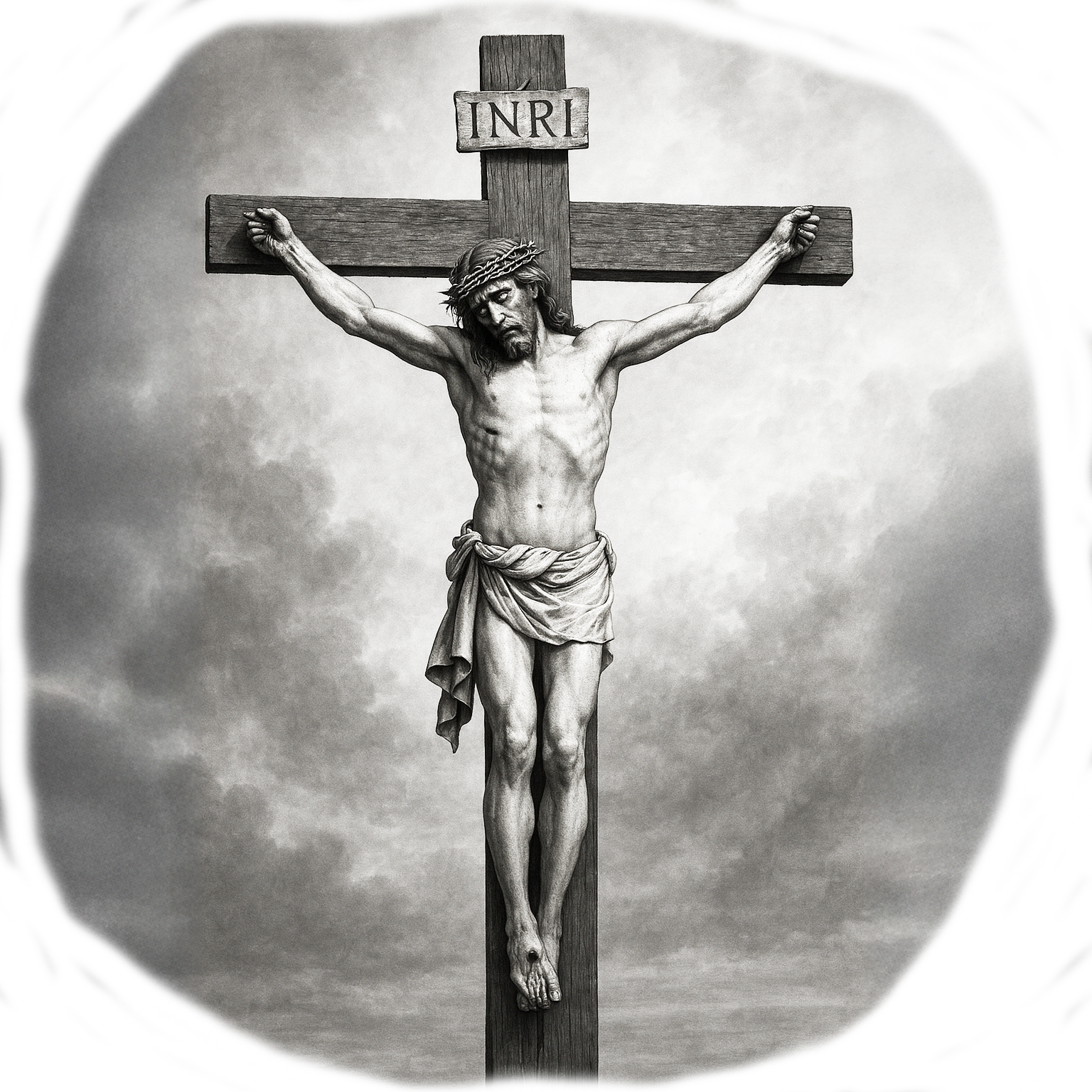Good morning, friends.
There’s a question that comes up in every life, sooner or later. Maybe you’ve asked it in the dark, or shouted it at the sky, or whispered it through tears: Why do bad things happen to good people?
It’s not just a philosophical puzzle—it’s a raw, real ache. We see people we love get sick. We watch families break apart, jobs vanish, dreams fall through. Sometimes, it hits us personally. And in those moments, all the easy answers seem to fall flat.
This isn’t a new question. In fact, it’s one of the oldest in the Bible. There’s an entire book devoted to wrestling with it: the book of Job.
Job’s story starts out like this: He’s a good man—honest, generous, faithful. He loves God. He does all the right things. And yet, in a sudden, brutal series of disasters, Job loses almost everything—his wealth, his health, even his children. It’s hard to imagine deeper pain.
Job’s friends show up. At first, they sit with him in silence, which is probably the best thing they do. But soon, they start talking—and their answers sound a lot like the ones we still hear today. “Maybe you did something wrong, Job. Maybe God’s punishing you. Maybe it’s all part of a plan, and you just have to accept it.” They try to fit Job’s suffering into neat little boxes.
But Job doesn’t buy it. He knows he hasn’t done anything to deserve this. So he does something remarkable. He brings his pain and his questions straight to God. He’s brutally honest—he complains, he cries, he even accuses God of being unfair. He doesn’t sugarcoat his grief, and he doesn’t settle for easy answers.
What’s amazing is that God doesn’t shut Job down. God doesn’t say, “How dare you question me?” Instead, God listens. And when God finally speaks, He doesn’t give Job a tidy explanation. He doesn’t reveal some hidden reason for the suffering. Instead, God reminds Job that the world is vast and mysterious, full of things beyond human understanding. God shows Job the wildness and wonder of creation—not as a rebuke, but as a way of saying: “There’s more going on here than you can see.”
In the end, Job is changed—not because he gets all the answers, but because he’s met God in the middle of his pain.
So, what do we learn from Job?
First, it’s okay to ask why. It’s okay to be angry, to grieve, to question. God isn’t threatened by our honesty. In fact, I think God welcomes it. Job’s story shows us that faith isn’t about pretending everything’s fine. Real faith is bringing our real selves—our doubts, our fears, our heartbreaks—to God.
Second, suffering isn’t always a punishment. Job’s friends were convinced that God only rewards the good and punishes the bad, but Job’s life proves it’s more complicated than that. Sometimes, bad things just happen. Sometimes, the world is broken in ways we can’t explain. And sometimes, the most faithful people carry the heaviest burdens.
Third, God is present, even when He seems silent. Job never gets a clear answer to his “why,” but he does get something else—he gets God’s presence. He gets to see, in a new way, that God is bigger than any answer, bigger than any suffering. And somehow, that’s enough.
Job’s story doesn’t erase our pain, or make suffering easy to accept. But it does show us a path forward: honesty, persistence, trust. It teaches us that God can handle our hardest questions, and that we’re not alone in asking them.
Now, as Christians, we look at Job through the lens of Jesus. When we see Jesus—God with us, suffering alongside us, crying out from the cross, “My God, my God, why have you forsaken me?”—we realize that God isn’t distant from our pain. He’s right there with us, feeling every ache, carrying every sorrow.
We may never get all the answers on this side of heaven. But we do get a God who listens, who loves, and who promises that suffering does not have the last word. The story of Job, and the story of Jesus, both remind us: Even when the world doesn’t make sense, God’s love is deeper than our pain, and His presence is closer than our questions.
So, what do we do when bad things happen to good people? We do what Job did. We bring our whole selves to God. We grieve, we question, we wait. And we trust—sometimes with trembling hands—that God is with us in it all.
Let’s pray.
God, sometimes life hurts more than we can bear. Sometimes we don’t understand why good people suffer, why pain comes to those who seem to deserve it least. Help us to bring our pain and our questions to you, just like Job did. Remind us that you are with us, even when we don’t have answers. Give us faith to trust your love, and courage to keep walking, even in the dark. Amen.

0 Comments